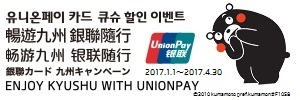ARTICLE
"Finding me in Kyushu?"
25/12/2015
- Author : Dede
- Country of Origin : Germany
- Age : 40's
- Gender :male
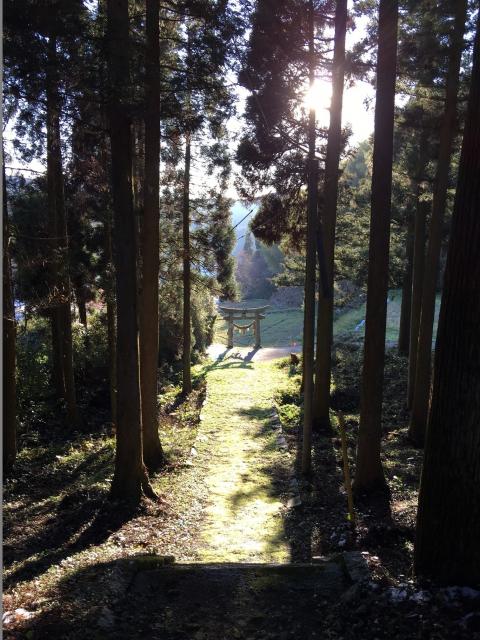
Relaxing at a beach resort; pampering yourself at a spa, or joining a yoga retreat - these all are common ways we try to de-stress from our frantic modern city life, a life that seems to just spin on from one thing to another.
Originally from Hong Kong, I have also lived in New York, Shanghai, and Tokyo. So I believe I am quite a city person at the core. I had long heard about Kyushu's rich mix of nature and hospitality, but had never had the time to find out first hand... I was determined now to explore how Kyushu might offer a somewhat different way to unwind.
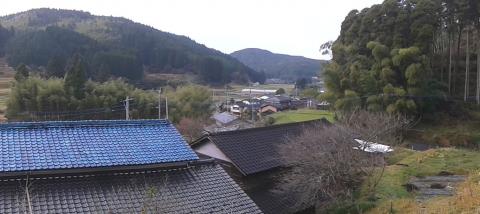
My first stop was "Guza" (具座), the name of a Japanese style Bread and Breakfast (農家民宿/Farm-stay "Minshuku") in Saga prefecture, about one hour southwest by car from Fukuoka city, and set in the mountainous region of Mitsuse (三瀬). I was originally attracted to Guza because its web site said "vegetables were from their fields right there and we could have some nice conversation with the family owners at dinner time".
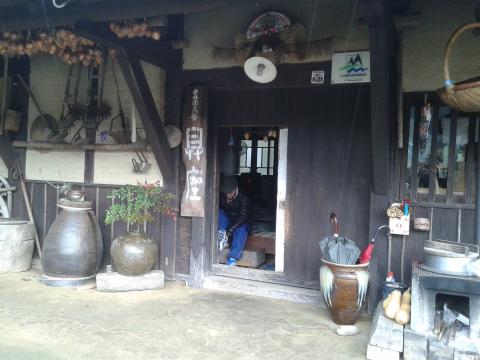
In a short one day's stay here, I experienced multiple sensations of going "Back"! Going Back in time; Back to basics; and Back to the joys of just simple warm human to human interaction and sharing.
The small house I stayed in was renovated from a one hundred year old barn. Entering the tiny front door, I felt I had walked into a time tunnel - a unique chance to get a taste of how living was before we had all our modern amenities. The two main items that stood out were the Irori (いろり) and Goenmonburo (五右衛門風呂).
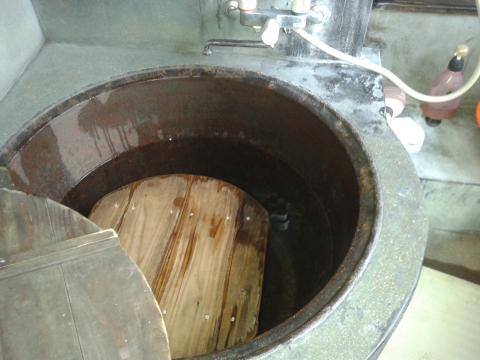
The Goemonburo or a "Cauldron Bath" requires one to set a fire with wood under the Cauldron. There is also a gruesome story behind how this Cauldron was first used (on a human!), but we will not get into the details here in case it may disrupt my presentation of the peaceful quiet Kyushu country life :)
It offered a nice hot bath on a cold December night.
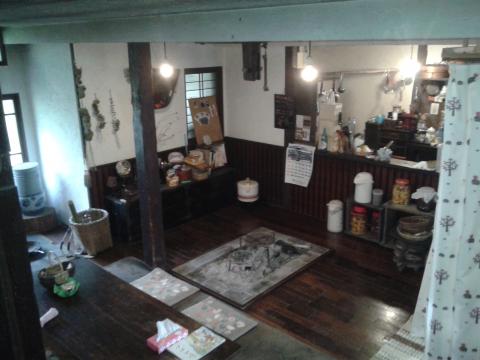
The Irori, in the middle of the room, is a traditional Japanese sunken hearth for people to gather around to cook and keep warm.
There is no free meal! Thirty minutes before dinner, Mr. Fujise, the owner of Guza called me over to help him pull out our dinner from his field. Having lived in cities all my life, I admit it did feel a bit awkward to have to pull out and break up the Taro root/satoimo (里芋) from the wet soil. This really was getting down to earth, and with my hands all dirty in dense dark mud and soil, my cityboy mind could not help wondering: "if this is organic, what kind of manure could they be using?!".
Mrs. Fujise transformed the vegetables and satoimo to simple but mouth watering dishes. I experienced what "farm to table" truly meant. Or mountain to table too - as our last dish was a very tasty, teppanyaki style wild boar meat from nearby!
The bedrooms were also simple, as if teaching us again what peacefulness really means.
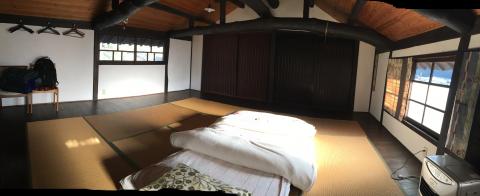
Mr. Fujise was a wonderful host and we all chatted, ate and drank a lot that evening. There was another couple from Saga City who were staying, and they shared not only their stash of red wine, huge bottle of Sake, but also their stories of Kyushu travels. I made my contribution too by buying one of Guza's own rice sake creations - Doburoku (どぶろく /濁酒). Mr. Fujise exuded pride when he explained that they were producing and selling about 1000 bottle of this licensed rice Sake made from his small shed just next to the main house.
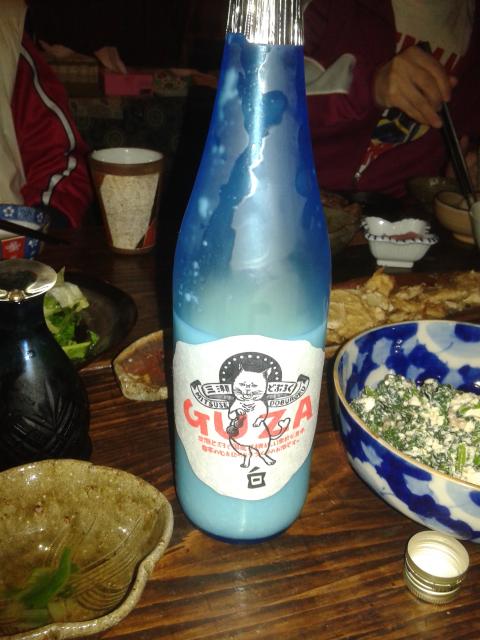
As the evening progressed, I could really feel the genuineness of the Fujise couple - how they were passionate and proud about their ability to be basically self reliant on food, and their simple yet abundantly joyful living style.
I had not only a chance to get a taste of what self reliant living was like, but also how it felt to enjoy the company of new friends, sharing some nice conversation and healthy foods, without television or other forms of external entertainment.
The stars that evening were also brighter and many more than I had seen in a long long time.
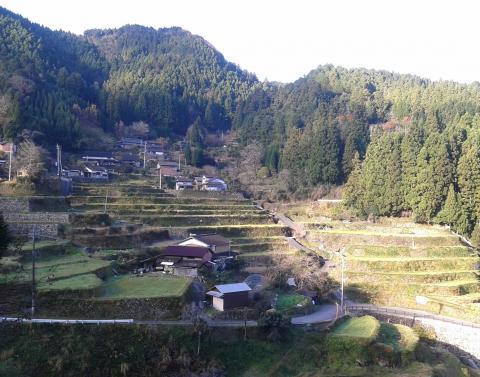
The next two days were spent in the lands of the "Tanada /terraced rice fields" (棚田).
I stayed in two Minshukus: Tsutsura sansou (つつら山荘) and Houshugakusha (ほうしゅ楽舎) in Ukiha (うきは) and Touhoumura (東峰村), respectively.
The Tanadas, built more than 400 years ago, were carved from steep slopes and supported by stone masonry. I found the charm of the Tanadas to be the elegant fusion of man-made construction into mountainous surroundings. It was December, so the Terraces were not as green as the other months, but still the morning sun shining into the valleys through layers of mixed Pine, Cedar, and occasionally Bamboo, had a stilling effect on my mind. However, I did find it easy for my mind to wander off, imaging many farmers, over hundreds of years ago, working all together on these rice fields.
I had originally chosen the two villages, both roughly one hour south west of Fukuoka City, not only for their terraced views, but also to do some hiking and to feel the effects of "Forest Bathing"/Shinrin Yoku (森林浴).
I understood that just by walk slowly in forests, and opening all of one's senses, one could be "healed" by various elements of the forest. I also learned that there is scientific data proving that spending time in forests boosts our immune system's functioning, by increasing the count of the body's Natural Killer (NK) cells. Other side benefits also supposedly are reduced blood pressure, stress etc.
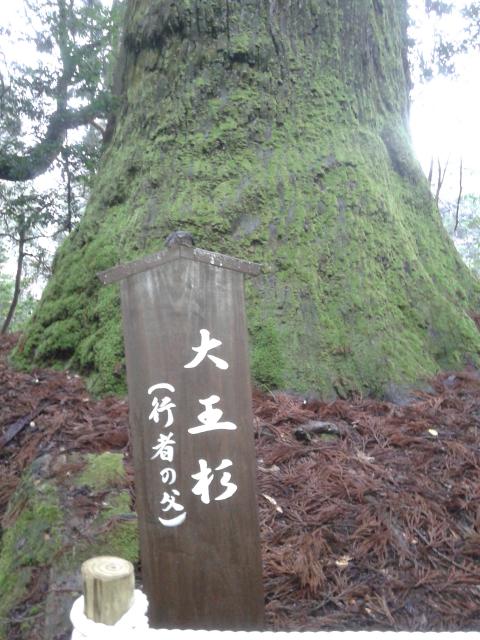
To experience some of the area's deep forests, my guide took me to a mountainous area near Koishihara (小石原), and to a forest area called Gyoja-Do (行者道). Here, ascetic monks, hundred of years ago, passed by on their way to nearby Mount Hiko (英彦山) to undergo ascetic training, or shugendo (修験道). They supposedly also planted Cedar seeds along the way, and so this area is where over a thousand Cedar trees, about 200-600 years old now stand.
So I am not alone, many people, past and present, have been and continue to be on a journey to find peace and tranquility.
The atmosphere in these dense forests was calming. However, after four days of very simple country life (which seemed like a form of ascetic training for a city-boy like me), I realized some hidden but deep yearning to go "back to civilization". Logically, I also thought it would be a useful "re-boot" or "time out" for me, so I could prepare myself to taste clearly the last part of this Kyushu Nature experience I had planned.
So, I headed back to Fukuoka City for a night.
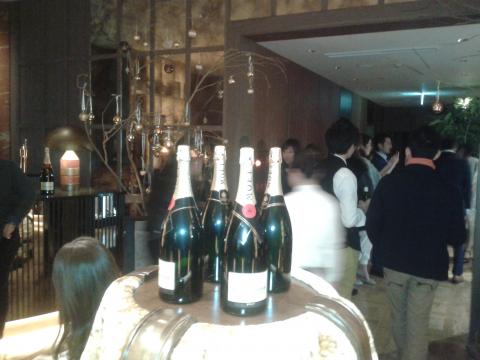
And a re-boot is what I really got! In Fukuoka, walking in the evening in the Tenjin (天神) district, I happened to come across a glitzy promotional event in a venue called QUANTIC. Fatefully, I stumbled upon the dose of the "Bling Bling" that I was subconsciously craving for: it was a Moet & Chandon promotional party "Moet Bright Night Party"!
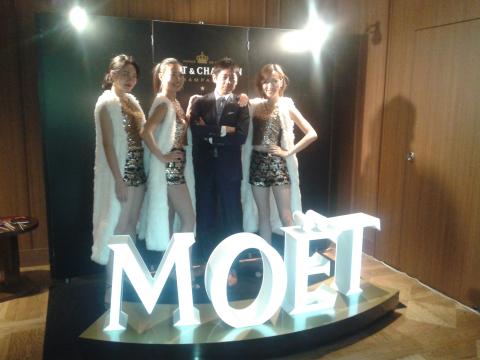
This was exactly what I needed. A good dose of city glamour. I was "recharged" and ready for my last stop of Kyushu ... My final stop was the famous World Heritage nature spot, Yakushima (屋久島), in Kagoshima (鹿児島) prefecture.
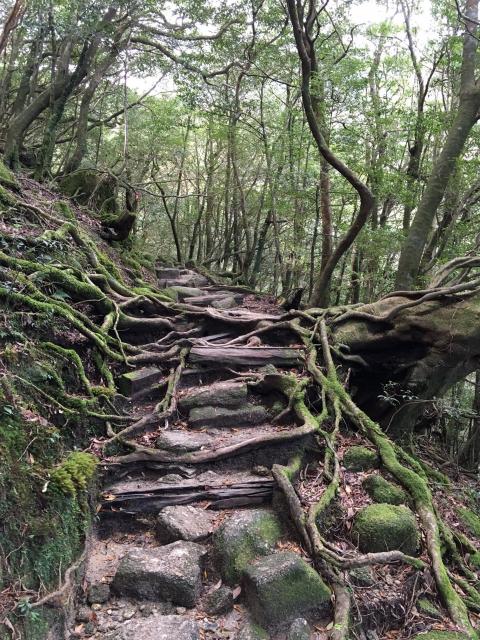
Just like the Moet event was a full dose of the "Bling Bling", Yakushima was a "full body" dose of green nature. I embarked upon a five hour hiking course in an area called Shiratani Unsuikyo (白谷雲水峡). Hiking in the midst of this mother of all nature spots, I tried to use it to train my mind to stop thinking about all the other thousands of things that have happened and might happen. I tried to focus on the moss, the trees, and even an occasional deer about 10 meters away...
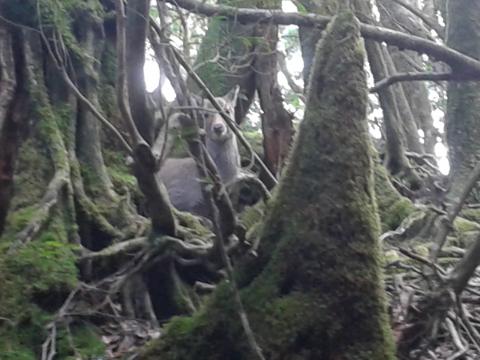
Just as quickly as the deer had disappeared, my one week journey in Kyushu had come to an end as well, and it was time to head back to Hong Kong (via Fukuoka).

I experienced a lot of natural beauty on this trip, but the most important of all is that I brought back with me some potions of "medicine" to take when I am overrun mentally by the hyper-fast pace of big city life. When this happens, I can now bring out my little dose of remembering "Guza" - and to re-discover the joys of simple living. Then when I am engulfed by waves of anxious thinking in my day to day Hong Kong life, I will try to remember to stop, and remember the Yakushima sensation of walking still in the midst of the dense green forests.
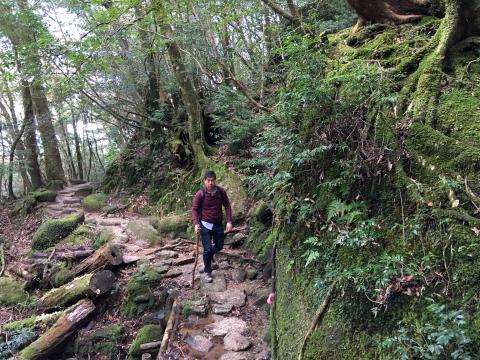
And just like the monks who trekked to Mount Hiko (英彦山) and planted Cedar seeds on the way to their ascetic training, I too feel that I have planted something in Kyushu. I have planted some seeds to come back to visit more and find even more places. So that I can use Kyushu's nature and warmth as a channel to constantly rediscover and remind me of my simple self, and escape from the stresses of city life.





![Kyushu Tourism Information [ Japan ]](/blogcontest/img/common/bnr_onsen_island.png)

